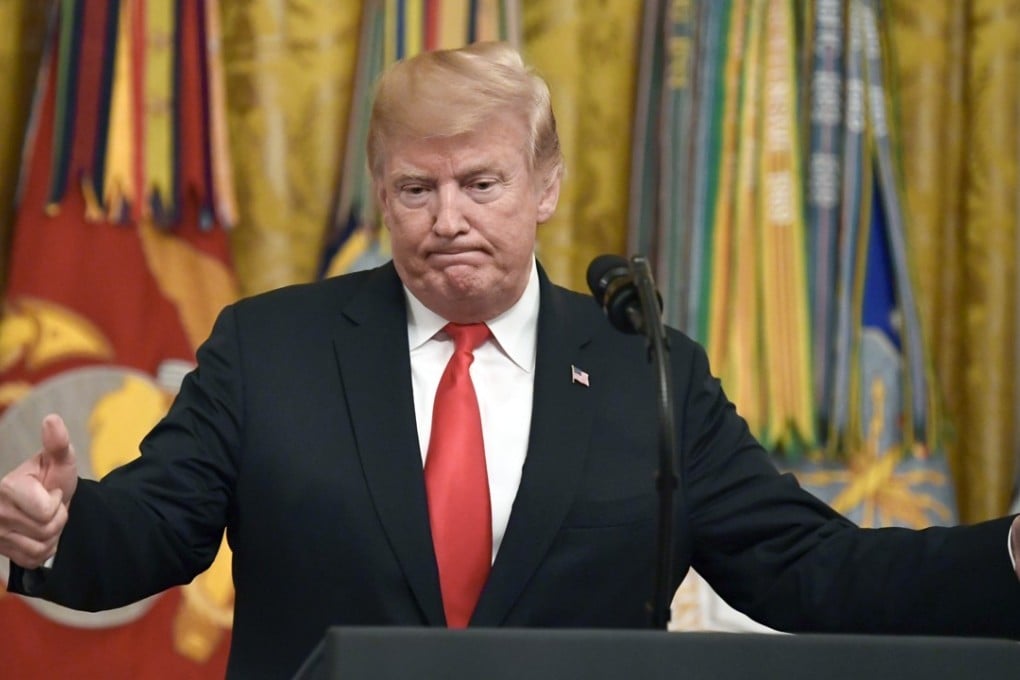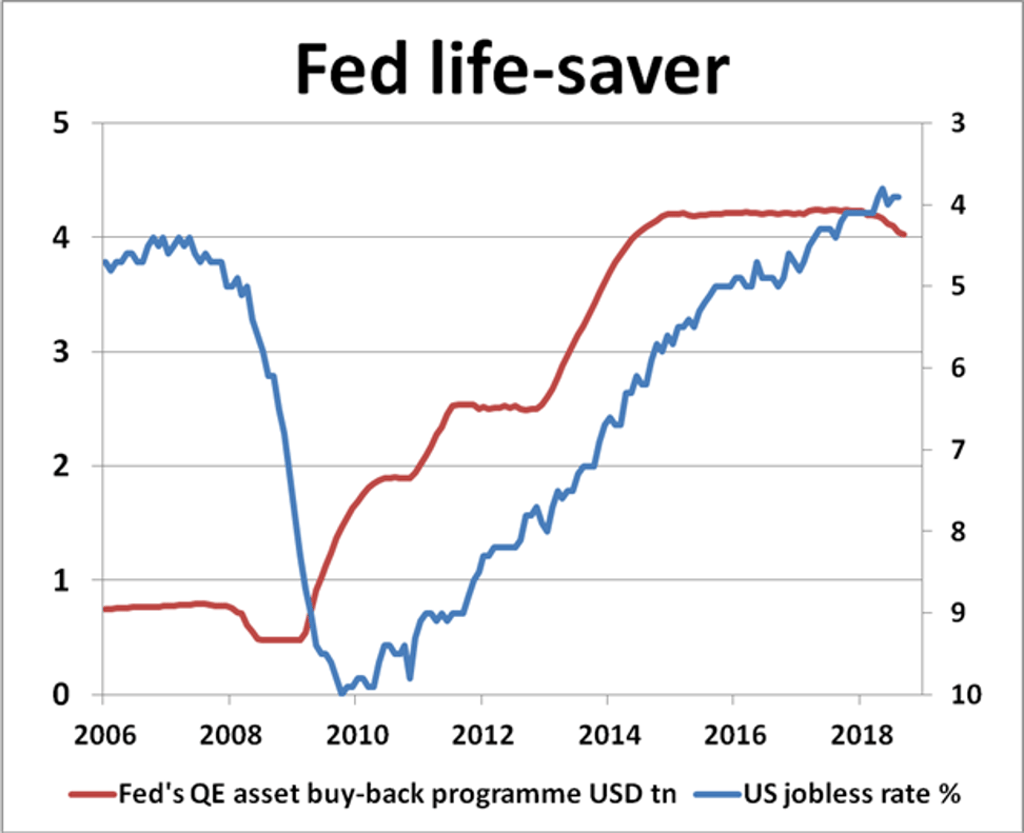Advertisement
Macroscope | Another financial crisis is coming, and thanks to Donald Trump we may not be able to solve it
David Brown says current conditions resemble those of 2007-08, but a wave of populist nationalism spearheaded by the US president is undermining global institutions that ended the Great Recession
Reading Time:3 minutes
Why you can trust SCMP

My world fell apart during the 2008 financial crash when the bank I worked for bit the dust. My 30-year career in financial services went down the drain and hubris turned to humility. I was back on the street and looking for a new job. Some say I should have seen it coming. I did, but it made little difference.
A decade after Lehman Brothers’ collapse, could it happen again? Yes, it could and the world seems no better prepared. There is a storm coming and we are all standing in harm’s way. China will not be spared from another chaotic bloodbath in global capitalism.
Before the 2008 crash hit, I railed at clients, colleagues and management about the impending risks. The global financial system was a powder keg waiting to explode. The world was awash with debt, spreads and volatility were way too low and there was a disturbing mismatch between risk and return.
Advertisement
Risk-taking and leverage were off the scale and global regulators were asleep at the wheel. The United States ’ subprime mortgage crisis might have lit the fuse but it was more deep-rooted disorder in the global financial system which fuelled the subsequent inferno.

Advertisement
If the world needed proof that greed was indeed bad and excessive exuberance was the greatest threat to global stability, then we should have learned our lessons the hard way after 2008.
Advertisement
Select Voice
Select Speed
1.00x
